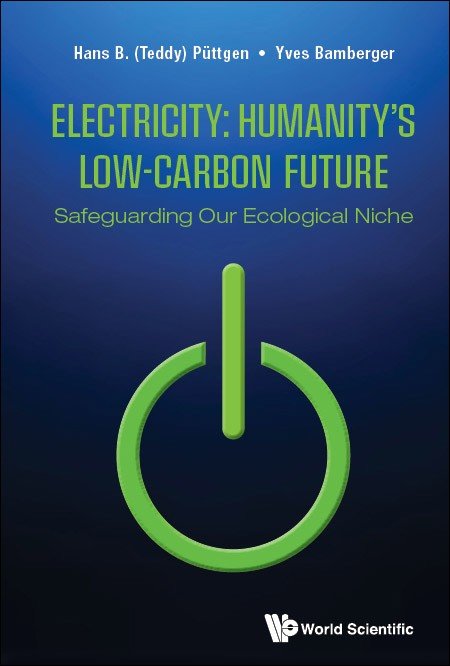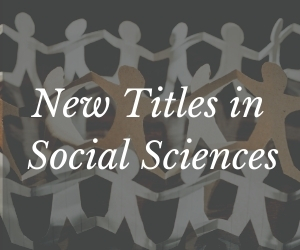System Upgrade on Tue, May 28th, 2024 at 2am (EDT)
Existing users will be able to log into the site and access content. However, E-commerce and registration of new users may not be available for up to 12 hours.For online purchase, please visit us again. Contact us at customercare@wspc.com for any enquiries.
Climate change is no longer deniable. Neither is the fact that greenhouse gas emissions due to human activities need to be mitigated. The question is how to rapidly transit to an increasingly low-carbon world while essentially sustaining the quality of life of the fortunate and providing better lives for the less fortunate.
The challenge is to decarbonize both energy consumption and production with electricity at the core of energy systems.
Perhaps Energia, a fictitious country whose 50 million inhabitants endorse climate change objectives and that embodies the energy mutations proposed by the authors, has the answers. Along with Energia, four families living in Africa, America, Asia and Europe who represent us, the consumer, set the stage for the book's discussions.
On the user front, the presentation primarily focuses on energy consumption at home and for transport. On the energy production front, the focus shifts to the integration of renewables with fossil and nuclear energy. The book's coverage includes crucial systemic issues related to energy storage, electric power systems and multi-energy systems. In a dedicated chapter, the authors put forward their energy and environmental public policy observations and proposals, including a carbon fee scheme.
Electricity is written for readers interested and concerned by the environmental and energy challenges we face, and who seek to participate, as well-informed citizens, in discussions on future energy-related options. The book provides a balanced, factual and unemotional presentation of readily available energy systems and technologies which, when widely deployed, can contribute, both short and long term, toward a low-carbon and electricity-centered world.
Supplementary Materials
Companion Document (8MB)
Sample Chapter(s)
Preamble and Reader‘s Guide
- About the Authors
- With Appreciation
- Preamble and Reader's Guide
- Setting the Stage:
- The Lives of Four Families — An Energy Perspective
- Energia — A Modern Country with a Long History
- Energy and Emissions — Where We Are
- Energy Consumptions and Emissions:
- Housing — At Home
- Transport and Travel — Daily Commutes, Travels and Transport
- Industry and Agriculture — Producing Goods and Food
- Industry and Services — At the Office and in Public Spaces
- How Electricity is Produced:
- Introductory Remarks
- Hydro Energy — Using Water
- Combustion Thermal Power Plants — Burning Fossil Fuels
- Nuclear Thermal Power Plants — Splitting the Atom
- Solar Energy — Using the Sun
- Wind Energy — Using Wind
- Geothermal Energy — Using the Earth's Heat
- An Ever-more Ubiquitous Electricity:
- Energy Storage
- Electric Power Systems — From Power Plants to End-users
- Multi-Energy Systems
- Where We Should Be Heading:
- Public Policy and Carbon Fee
- Energia's Energy Mutation — Principles and Application
- To Conclude:
- Four Families in 2035
- Conclusion — We Have the Technologies — Let's All Get Going
- Annex:
- Companion Document — Alphabetical Order
- Units and Reference Values
- Website Acronyms
- Selected Electric Energy Installations Mentioned
- Index
- Endorsement






